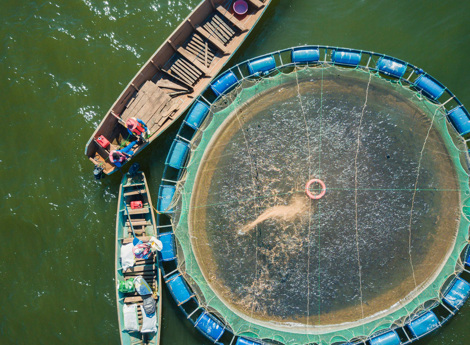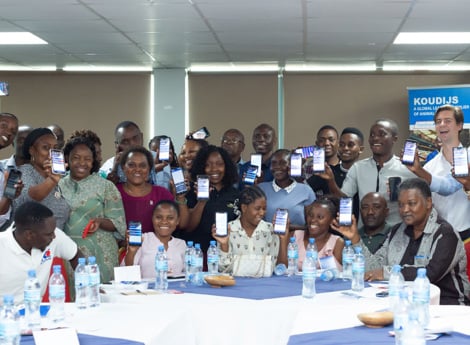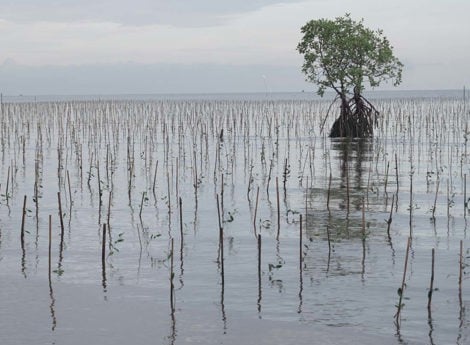How De Heus is helping the Tree of Life to grow in Mozambique
Perhaps you’ve already heard of the Moringa tree? The high nutritional value and medicinal properties of its leaves and fruits have earned it the nickname ‘Tree of Life’. But did you also know that De Heus is actively supporting the large-scale cultivation, harvesting, processing and distribution of Moringa in Mozambique? We asked Koen de Heus to tell us more about how our involvement in the business success of the company called MoSagri Lda is helping the local community to enjoy life and live more healthy.

Native to the foothills of the Himalayas in northwestern India, the Moringa tree (Moringa oleifera) is cultivated throughout the tropics. The leaves of the Moringa tree are very rich in nutrients, vitamins and minerals including calcium, iron, zinc, magnesium and potassium, as well as beneficial antioxidants and anti-inflammatories. In fact, Moringa is one of the few sources in the plant kingdom that supplies all eight of the essential amino acids that sustain human life.
Over 1,000 hectares of Moringa trees
Because of these nutritional benefits, products containing Moringa can help to combat problems such as malnutrition and food security in local communities. MoSagri Lda – based in Naguema, in the Nampula province of Mozambique – plays an important role in this. At its own plantations, the company cultivates Moringa trees on parts of their 1,000 hectares plantation.
After harvesting, the leaves are dried in electric drying installations at its own facility and processed into powdered ingredients for the food and beverage industry, as well as into consumer-packaged products ranging from capsules to herbal teas. Additionally, the oil is extracted from the Moringa seeds for use as cooking oil or in skincare products.

Commitment to zero hunger
When MoSagri was launched in 2011, De Heus was one of the four founding partners with a 25% stake in the business, and has recently become the company’s major shareholder. “At De Heus, we support the UN’s Sustainable Development Goal (SDG) 2: ‘Zero Hunger’, by producing animal feed products to safeguarding animal protein as a source of nutrition for humans. Our involvement with MoSagri complements this in a broader perspective,” says Koen de Heus.
“Additionally, ‘fostering communities’ is one of the four pillars of our sustainability programme. In recent years, we have successfully invested in various projects in developing markets, including in Asia and increasingly also in Africa,” he continues. “We’ve seen that our support not only helps to professionalise the agricultural value chain, but also has a wider positive impact on local communities, such as by improving families’ access to income, nutrition, healthcare and education,” adds Koen.
Positive impact on local community
Currently employing close to 250 people, MoSagri’s local impact is clearly significant. The company – and therefore the workforce – is growing annually, and it regularly provides training to its employees in the areas of quality, hygiene and best practices. Moreover, the foundation Pearl of Mozambique, that is directly linked to MoSagri Lda, runs various other activities to support the surrounding community, including ongoing educational programmes about birth control, hygiene and nutrition/food fortification, especially for babies and infants. The foundation also funds midwife training courses and solar panels for various buildings in the community.
“We are delighted to support MoSagri, not only financially but also by sharing our knowledge and expertise to help the company continue to thrive. This is an excellent example of how our investment in building a profitable business can also improve people’s lives in other ways,” concludes Koen.

Explore how MoSagri Lda is improving lives through Moringa.
Visit Mosagri.com





